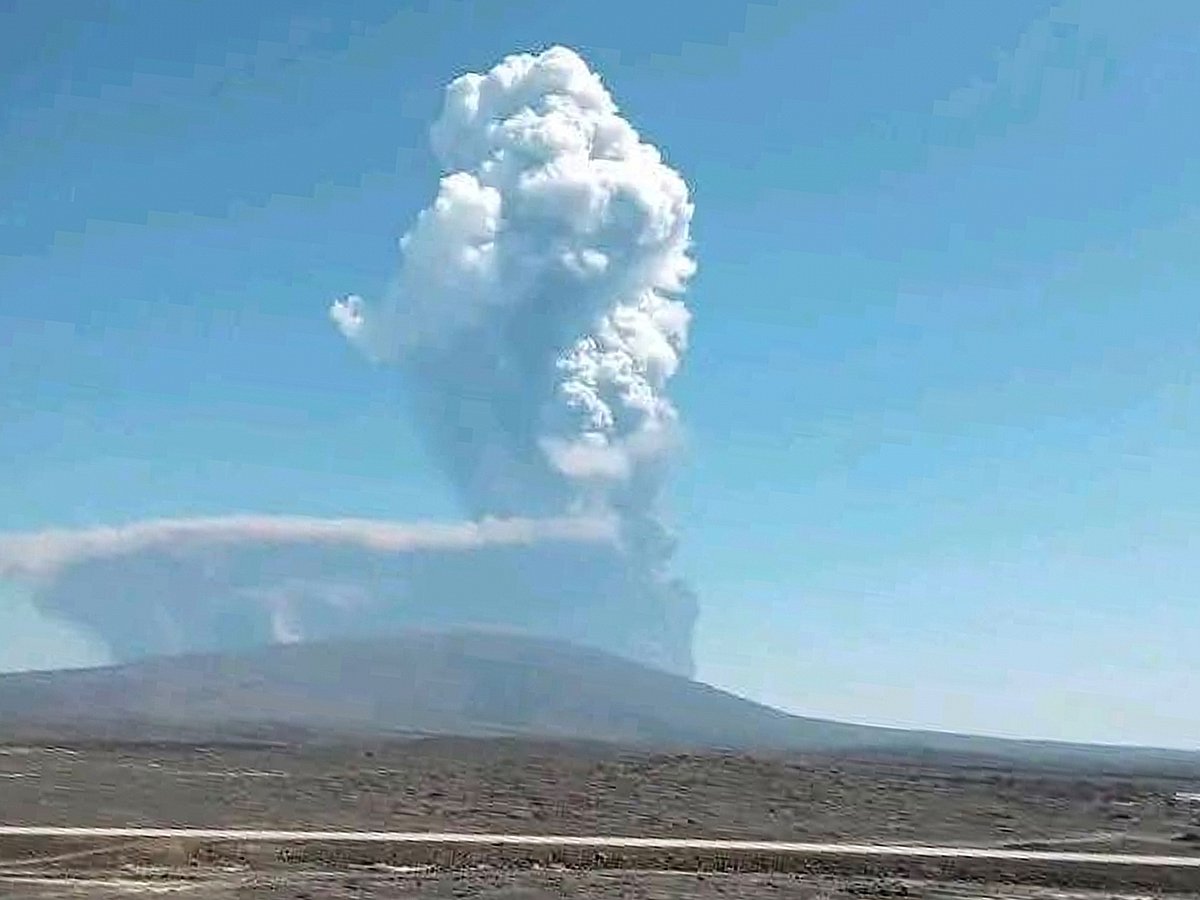India’s DGCA issues advisory as Ethiopia volcano ash disrupts flights
Aviation regulator urges airlines to avoid affected Middle East routes

India’s aviation regulator has urged airlines to steer clear of ash-affected airspace after a rare volcanic eruption in Ethiopia sent a giant plume drifting across parts of the Middle East. The Directorate General of Civil Aviation (DGCA) said the ash has affected routes passing through the Muscat Flight Information Region, prompting fresh safety measures.
A Volcanic Ash Advisory and an ASHTAM have already been issued by the Toulouse Volcanic Ash Advisory Centre (VAAC) and the Airports Authority of India. Airlines have been told to avoid impacted areas and adjust flight levels wherever needed.
Airlines asked to tighten procedures
In its notice, the DGCA asked carriers to review their volcanic-ash guidelines and ensure cockpit and cabin crews are fully briefed. Crews have been reminded to watch for early signs of ash exposure, such as engine fluctuations, reduced visibility or unusual smells in the cabin.
Airlines have also been instructed to revise flight plans based on the latest VAAC bulletins, track NOTAMs and weather alerts around the clock, and report any suspected encounters immediately. Aircraft flying near the affected zone must undergo detailed post-flight checks.
Airports told to stay on standby
Airports have been asked to carry out immediate inspections if ash is detected on runways, taxiways or aprons. Operations must be halted until surfaces are cleared. The DGCA also directed operators to activate internal risk-assessment systems and monitor satellite images and ash-movement forecasts continuously.
The disruption has already begun. KLM cancelled its Amsterdam–Delhi flight (KL 871) and the return leg (KL 872), citing unsafe conditions linked to the drifting ash. Indian carriers have also issued warnings for those travelling through the Middle East.
Indian airlines issue updates for passengers
SpiceJet said ash from the Ethiopian eruption had been reported across parts of the Arabian Peninsula, which may affect flights crossing the region. The airline said its operations and safety teams were working closely with international authorities. Passengers flying to or from Dubai have been advised to check their flight status.
Akasa Air said it was tracking the situation as well, adding that it would follow all global safety protocols should the ash cloud shift closer to Indian routes. Both airlines stressed that passenger safety remains the top priority.
Ash cloud continues drifting east
The advisory comes after Ethiopia’s Hayli Gubbi volcano erupted for the first time in nearly 10,000 years, pushing a massive ash plume across the Red Sea towards Oman and Yemen before it began drifting eastwards. The Toulouse VAAC has since reported that parts of the cloud are moving towards northern India.
Authorities across the region are continuing to monitor the shifting ash cloud to ensure safe air operations in the days ahead.
Sign up for the Daily Briefing
Get the latest news and updates straight to your inbox
Network Links
GN StoreDownload our app
© Al Nisr Publishing LLC 2026. All rights reserved.
